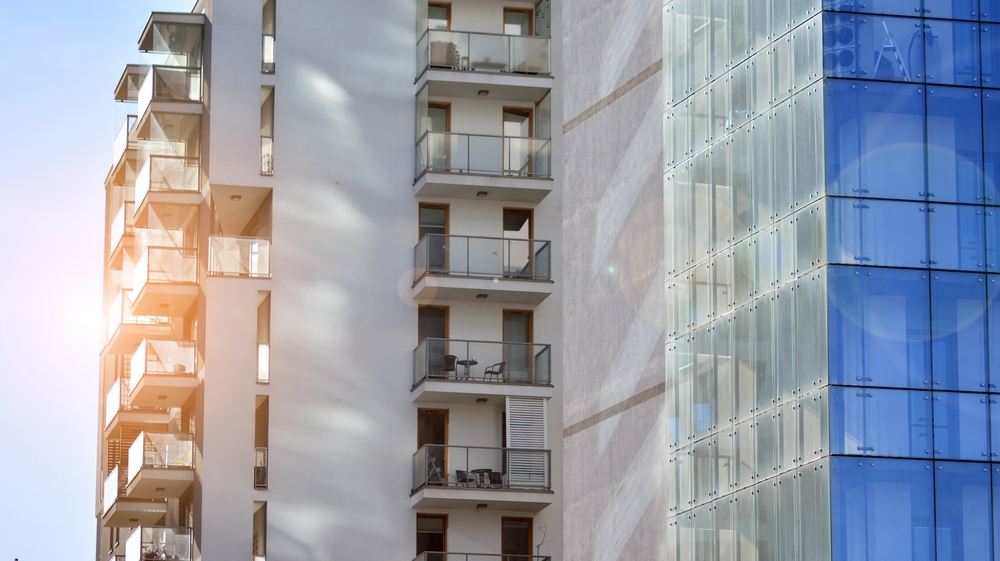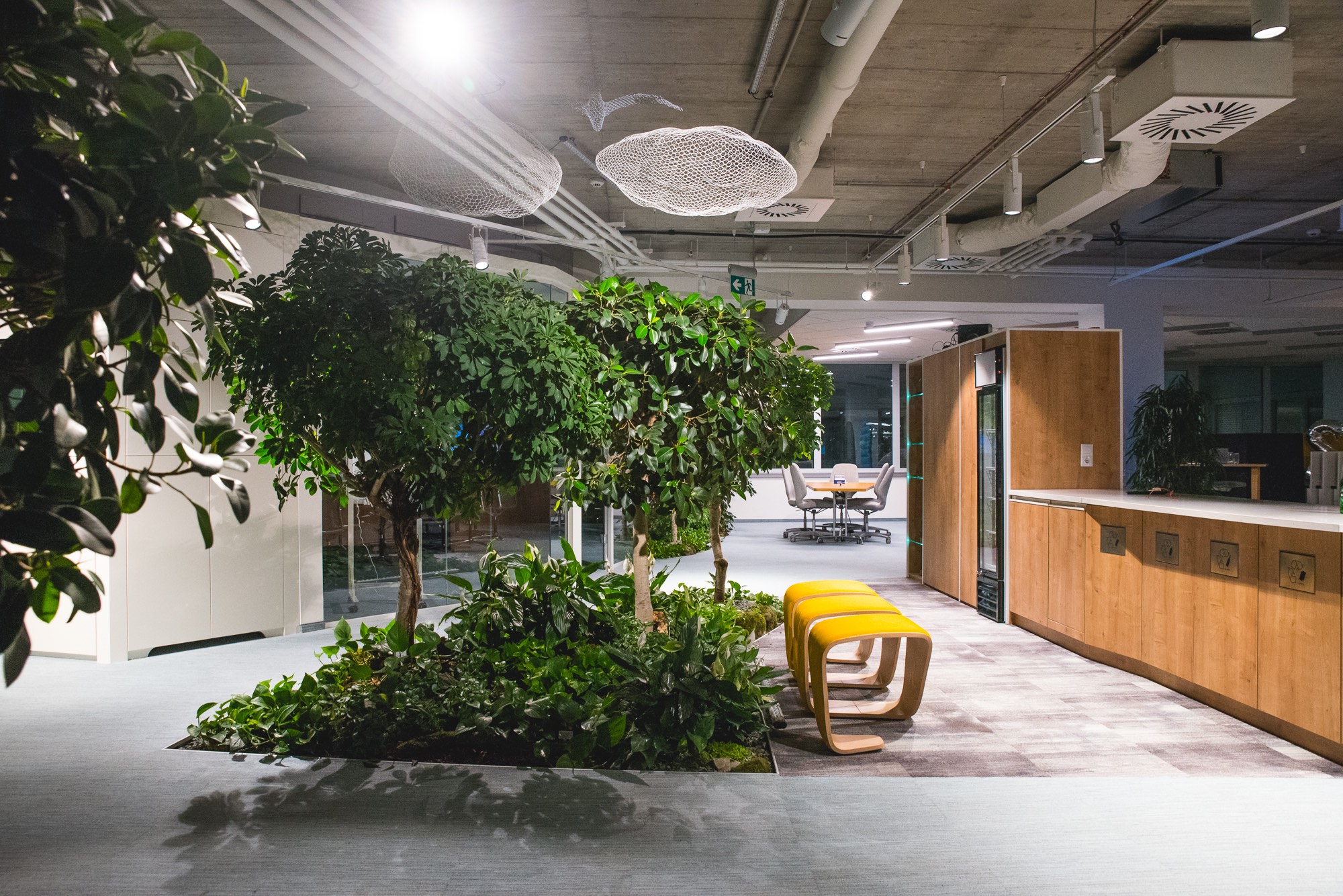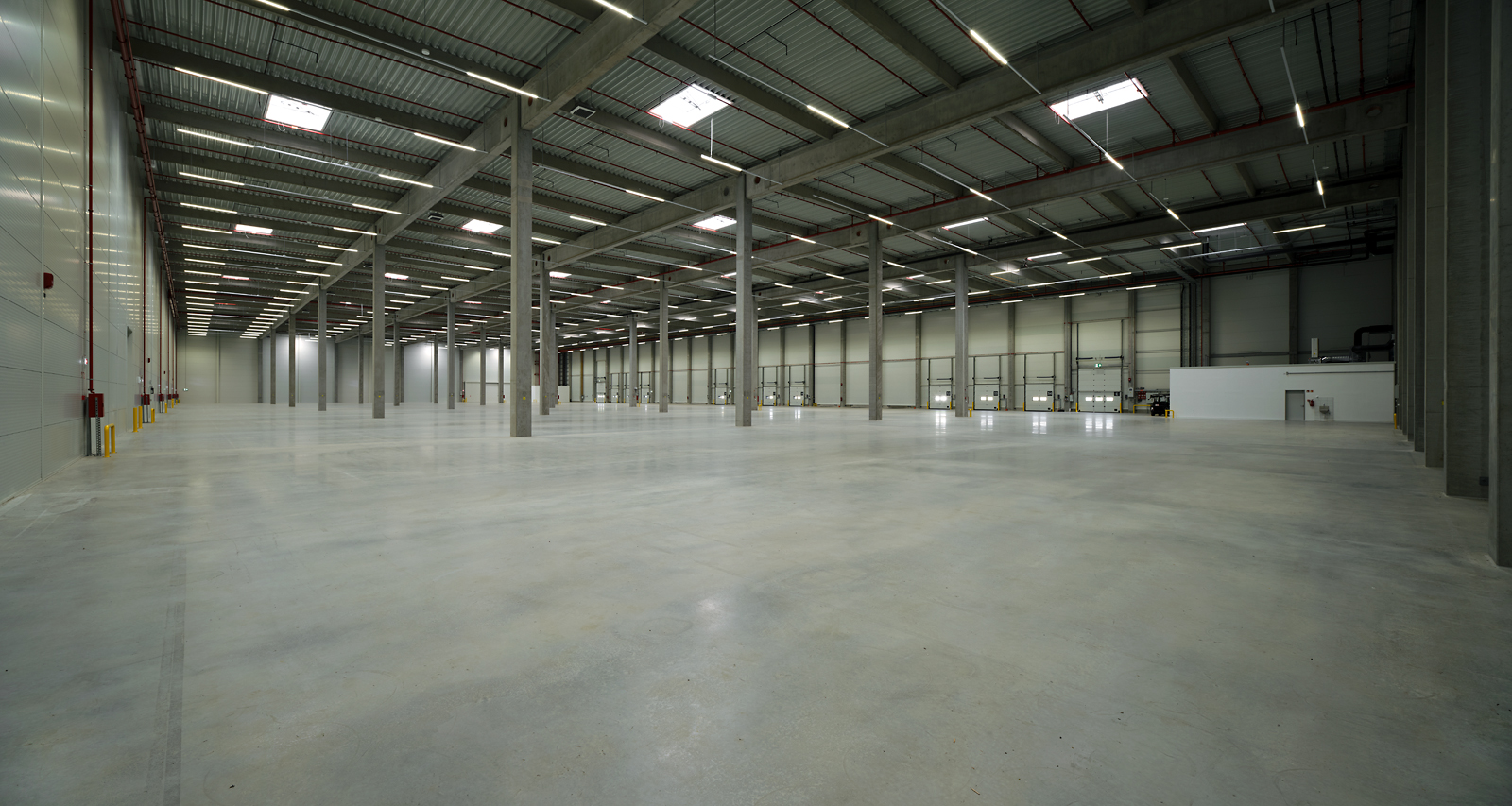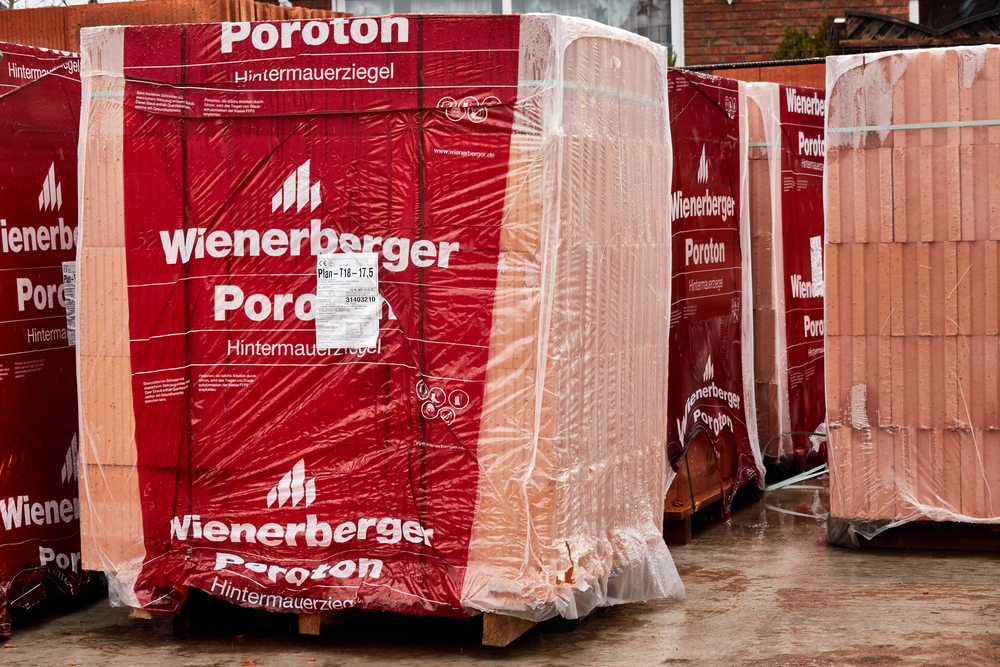Market Talk: COVID-related Concerns Underscore Real Estate Sustainability Issues
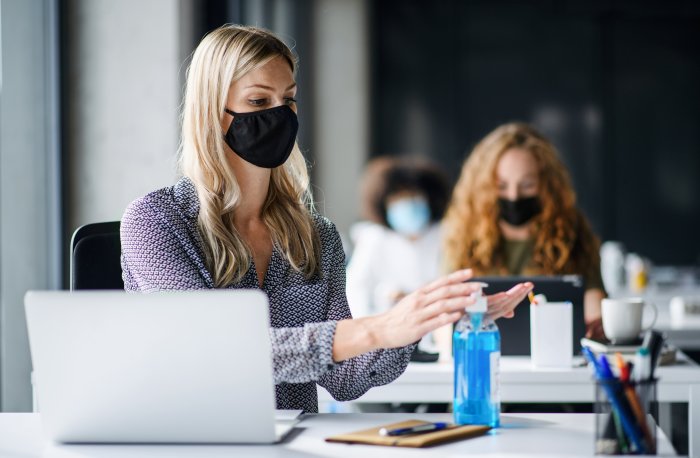
Photo by Halfpoint / Shutterstock.com
Sustainability issues have become key elements of the planning, construction and management of office and, increasingly, other commercial properties.
Photo by Halfpoint/Shutterstock
This is in large part due to market pressures, with sustainability demands being made by tenants, who are concerned with staff wellbeing, productivity and retention.
Further, developers and building owners increasingly need to adhere to international and national sustainability regulations regarding energy usage, construction materials and CO2 emissions and the working environment at construction sites.
These issues have been given further emphasis by the impact of the coronavirus on office and social behavior and associated health concerns in the workplace and wider urban environment.
From a locational perspective, direct access to public and alternative transportation modes are now a primary requirement for any commercial or business development.
The Budapest Business Journal approached several prominent company managers in the real estate industry to comment on what they see as the impact of sustainability on the industry.
Sustainability in the COVID-19 environment is further evolving and getting more and more attention, together with the importance of health and safety and contactless technical solutions.
Currently, the main focus is on building machinery, especially the air handling systems, which should at the same time be the most energy saving possible, while 100% free of mixing fresh and used air.
In new built buildings this is something which already exists. For example, in all Atenor projects, these kind of systems were already installed, which is now very helpful.
No property can be constructed from home office, and our sector is doing the same hard work, day-by-day; we are here and will survive. Of course we and all of our subcontractors are working according to the highest level of virus safe regulations.
We already have many impacts of the virus which are changing our daily personal life and working culture. Remote as well as flexible working is not taboo anymore; of course, it really depends on the actual profile of the company whether it means an advantage or disadvantage.
Nikolett Püschl
Leasing and development director
Atenor Hungary

Nikolett Püschl
It is necessary to operate properties much more consciously and with greater care, because certain kinds of consumption have increased due to the coronavirus; for example, more litter, chemicals and disinfectants are needed.
If buildings are not fully utilized, the consumption of central equipment can be curbed, which will help meet sustainability objectives. It all depends on whether user habits have changed permanently, in other words, whether the occupancy of the properties will be lower.
Within the LEED rating system, a “safety first” credit group has been introduced, through which ratings can consider the operational measures that have been taken to prevent and limit infection.
In the case of BREEAM, COVID was considered to the extent that, in order to ensure distance, the certifier does not go in person to inspect everything, but authorizes a suitable person (for example a construction manager) to carry out the on-site inspection and bases the certification on his statement.
In the work environment, in furniture and interior design, greater distance and more ventilated equipment will be the guiding factor.
Attila Madler
Asset management director
CPI Hungary

Attila Madler
In the long-term, commercial real estate will most likely remain an attractive asset class as it continues to offer good risk-adjusted returns when correlated to other asset classes.
Investor appetite in certain segments of the market will remain as they are or might even rise, and sustainability is ready to play a significant role. Asset owners and investors will probably struggle to mitigate the risks deriving from tenants’ and users’ rising demands for safe and efficient buildings.
Many real estate investors are not ready yet to take the sustainable and digital leaps needed to make properties safer and healthier, even though the debate about sustainability is becoming increasingly urgent in many sectors, including real estate.
Yields and returns for energy-intensive buildings will decrease soon, not just due to increasing regulatory pressures or to different working practices that, in part, will outlive the crisis, but rather because if the sector does not reinvent itself, it will contribute to increasing the pace of the climate crisis.
Valter Kalaus
Managing director
Cresa Hungary

Valter Kalaus
Although the sustainability standards, especially WELL, already had a strong focus on healthy indoor environment, this topic is now expected to get more emphasis within the certification systems.
These organizations have created new guidance that puts hygiene and the safety of workers at the heart of planning: Besides creating flexible layouts and wider spaces for less people, they promote the application of durable materials for heavy cleaning, increased maintenance and cleaning of mechanical systems, creating health screening spots, and applying smart technologies to make contactless offices and to collect space utilization data.
Construction sites also have to be sized differently and the work has to be phased. The certification systems put great emphasis on the communication of the safety measures within the buildings and at construction sites, by implementing signage and promoting policies, training and mental support for the employees.
Studies show that most people think climate issues are as serious as coronavirus, and the restart of economy can be a good opportunity to boost low-carbon industries, especially after experiencing how quickly nature reacted to the restrained lifestyle, and how significantly CO2 emissions dropped during the pandemic.
Another concern is that, according to different studies, high levels of pollution can adversely affect the outcome of coronavirus, therefore addressing air quality issues is crucial.
Tibor Massányi
Managing partner
DVM group

Tibor Massányi
SUPPORT THE BUDAPEST BUSINESS JOURNAL
Producing journalism that is worthy of the name is a costly business. For 27 years, the publishers, editors and reporters of the Budapest Business Journal have striven to bring you business news that works, information that you can trust, that is factual, accurate and presented without fear or favor.
Newspaper organizations across the globe have struggled to find a business model that allows them to continue to excel, without compromising their ability to perform. Most recently, some have experimented with the idea of involving their most important stakeholders, their readers.
We would like to offer that same opportunity to our readers. We would like to invite you to help us deliver the quality business journalism you require. Hit our Support the BBJ button and you can choose the how much and how often you send us your contributions.



